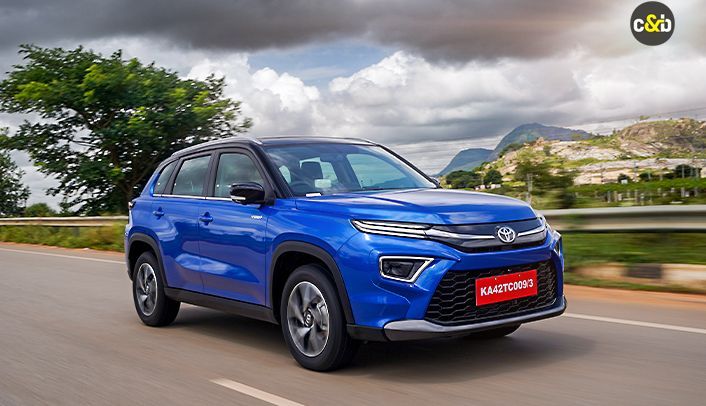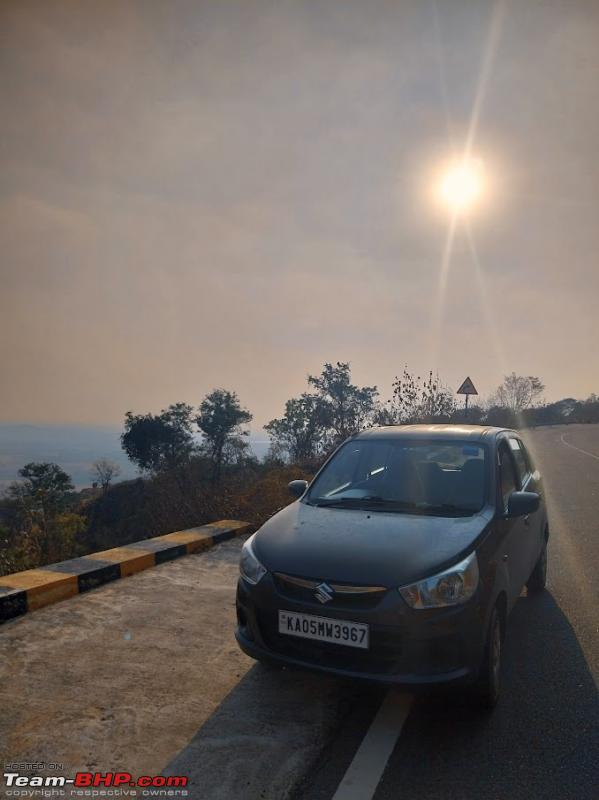


Penalty for Higher Emission Levels on 8 automakers for flouting fleet emission levels as per CAFE Norms
In a bid to significantly reduce environmental impact of vehicle emissions, the Government of India tensed up Corporate Average Fuel Efficiency (CAFE) norms in January 2023. Under this mandate, automakers had to ensure that the average fuel consumption of fleets did not surpass the 4.78 litre per 100 km mark. CO2 emissions had also been capped at 113 gms/km.
Under this mandate, it has now been found that 8 automakers have flouted these norms giving. And results in a high Penalty for Higher Emission Levels – a fine amounting to Rs 7,300 crores on eight carmakers. As per the penalties levied, Hyundai is looking at a bill of Rs 2,837.8 crore. This is followed by Mahindra at Rs 1,788.4 crore, Kia (Rs 1,346.2 crore), Honda (Rs 457.7 crore), Renault (Rs 438.3 crore), Skoda (Rs 248.3 crore), Nissan (Rs 172.3 crore) and Force Motor (Rs 1.8 crore).
Penalty on Automakers for Violating CAFE Norms
The Centre has concluded that these 8 automakers have higher than the mandated fleet emission levels for the year 2022-23. Automakers cite these penalties as unfair. New and more stringent Corporate Average Fuel Efficiency (CAFE) norms came into effect from 1st January 2023. Hence, how could the penalties be levied on cars sold during the entire financial year.
Corporate Average Fuel Efficiency (CAFE) norms came into effect in 2017. The goal was of reducing both fuel consumption and carbon emissions from passenger vehicles. This mandate was for all vehicles powered by petrol, diesel, LPG, CNG, hybrids, and electric batteries, under 3,500 kg.



During the 2017-18, the mandate required vehicles to achieve fuel consumption below 5.5 litres per 100 km and limit average carbon emissions to 130 grams of CO2 per km. During the period 2021-22, all automakers had complied with these regulations. These norms were made more stringent in 2023. The Union Ministry of Power states all cars must achieve fuel consumption of not over 4.78 litres per 100 km and carbon emissions of not over 113 gms per km.
This new mandate encourages automakers to ensure production of more fuel efficient vehicle which would in turn relate to lower pollution. It includes electric and hybrid vehicles too. And requires automakers of all units sold during the year to comply with the new CAFE norms.
Automakers Cite Unfairness
Their needs to be more clarity from the Government since stringent Corporate Average Fuel Efficiency (CAFE) norms were only introduced from 1st January 2023. Hence calculation of these penalties on the cars sold during the entire financial year of 2023 is unfair. It would mean that the penalty is being levied retrospectively.
Penalties have been levied as per units sold. The 8 automakers face fines of Rs 25,000 per vehicle for non-compliance below 0.2 litres per 100 km. It further goes up to Rs 50,000 per vehicle for exceeding this limit along with Rs 10 lakh base penalty.







